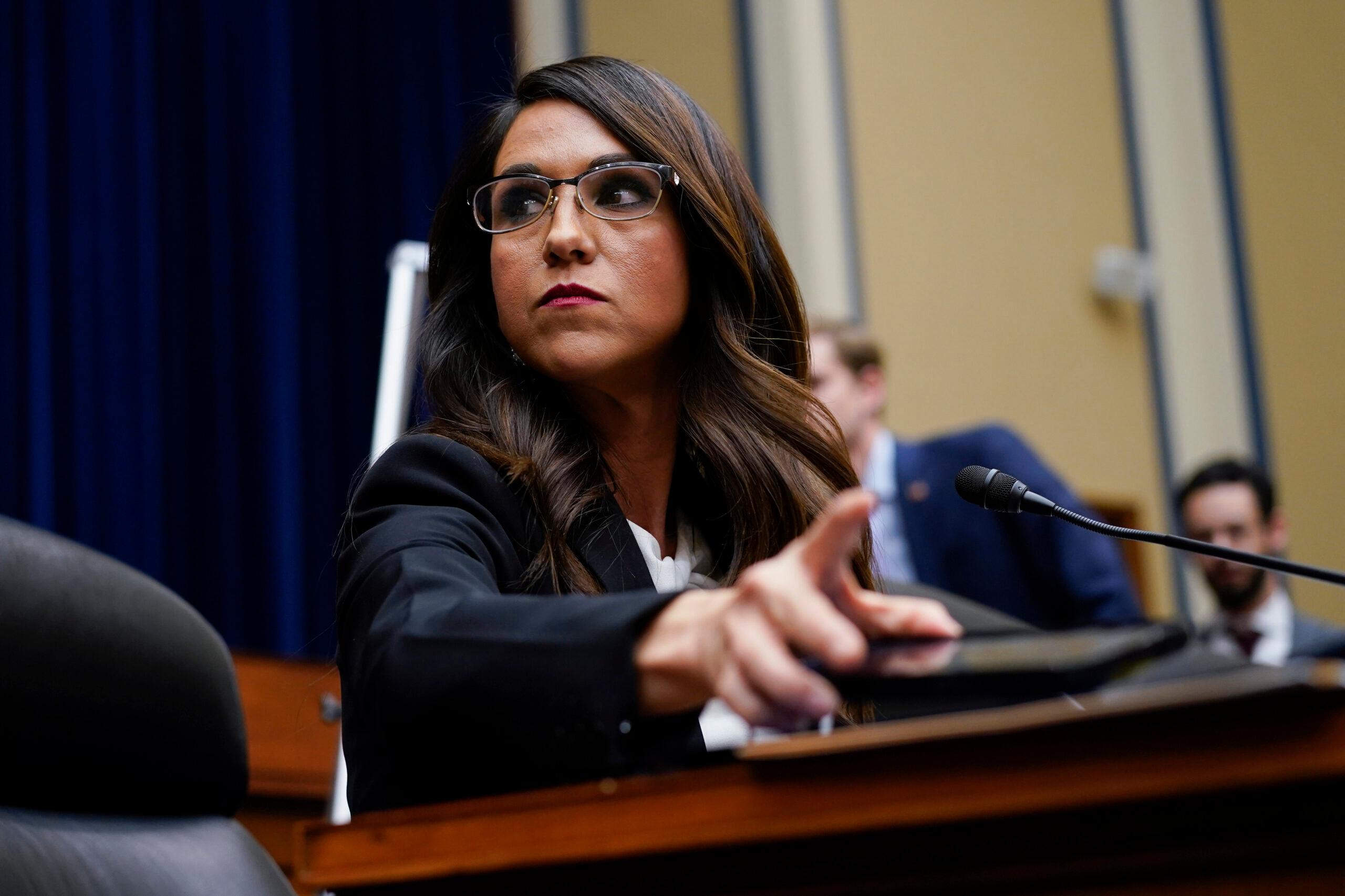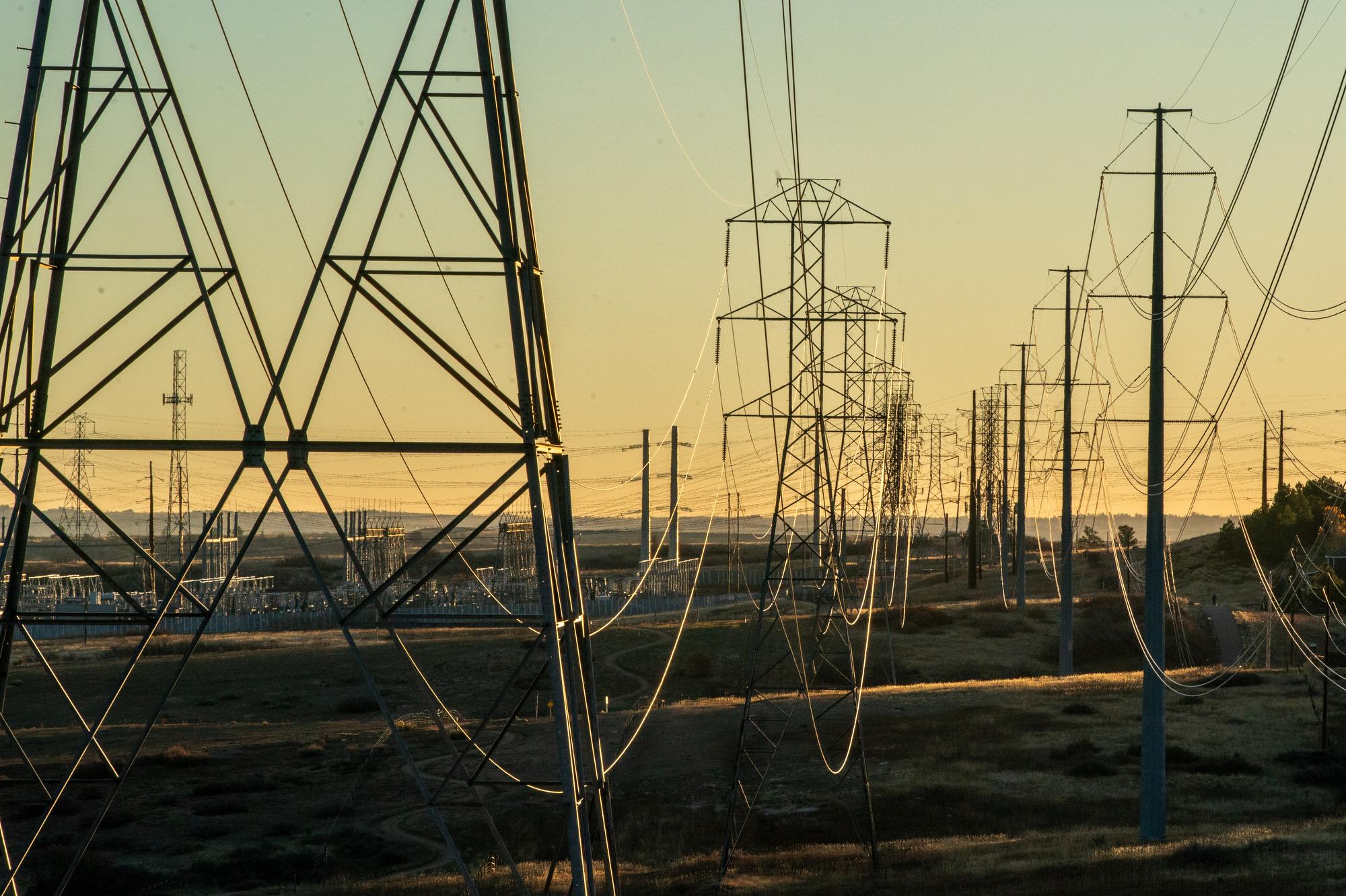
Republican Rep. Lauren Boebert and EPA Administrator Michael Regan had a contentious back and forth during an Oversight hearing on Wednesday.
One thing was clear by the end of the five minutes of questioning, Boebert did not fully understand the recent Supreme Court decision regarding the so-called Chevron Doctrine or the origins of the Environmental Protection Agency.
“So the Chevron doctrine, where you have created all of these rules that have been proven to be unconstitutional by the Supreme Court, has been overruled. So now I'm asking, are your bureaucrats still going to implement these rulemaking processes?” Boebert asked Regan over and over. “Are you going to repeal them? Are you going to continue to implement them or are you going to stop altogether since it's been overturned?”
Regan countered, “Do you understand the ruling?”
Boebert shot back, “Do you understand the ruling of the Supreme Court?”
“I do,” Regan said. “So your question is ill-formed.”
What was known as the Chevron Doctrine found that if there was a question about how to implement a statute, the court was required to uphold an agency’s interpretation, so long as it was reasonable.
Late last month, the Supreme Court did not find the Chevron doctrine unconstitutional. Rather, in the case Loper Bright Enterprises v. Raimondo, the Court reversed its earlier precedent and overturned it. Chief Justice John Roberts, writing for the majority, said it is, “the responsibility of the court to decide whether the law means what the agency says.”
Regan told Boebert, “We're going to adhere to the Supreme Court and continue to do our work in accordance to the Supreme Court,” even as Boebert continued to insist incorrectly that the EPA’s existing rules are unconstitutional. “The Supreme Court didn’t tell us to repeal anything,” Regan explained.
Chief Justice Roberts made clear that was the case in his ruling, writing “we do not call into question prior cases that relied on the Chevron framework. The holdings of those cases that specific agency actions are lawful—including the Clean Air Act holding of Chevron itself—are still subject to statutory stare decisis despite our change in interpretive methodology.”
The next speaker at the hearing, NY Rep. Dan Goldman, hammered home that point.
“I would just like to clarify a few things for my colleague from Colorado. The Loper Bright ruling, as you know, said that the courts should not defer to agency rulemaking if a statute is ambiguous. And instead the courts get to determine whether or not what the statute means. Is that your understanding as well?” he asked Regan. “So that would not require any regulations to be reversed or overturned, correct?
Regan agreed on both points.
Boebert’s exchange with Regan started out confrontational, as she questioned the legitimacy of the EPA itself.
Her first question to the administrator was, “is it true that the EPA has never obtained formal authorization legislation from Congress?”
Congress did not establish the EPA. The regulatory agency was established through a presidential directive when Richard Nixon consolidated 15 environmental programs from across the federal government to form the EPA. His administration submitted what was known as Reorganization Plan No. 3, allowed under 5 U.S. Code Chapter 9, to Congress on July 9, 1970.
A Senate Government Operations subcommittee and a House Government Operations Subcommittee held hearings in late July and early August that year. Both subcommittees approved the President's proposal and issued reports in late September.
Clearing all the statutory hurdles, the EPA opened its doors after the first administrator was confirmed by the Senate on December 2, 1970.
So while Boebert was correct that there was no legislation to establish the EPA, that’s because it wasn’t needed since it was a reorganization. But Congress did go through the proper channels to approve that reorganization. And more importantly, since its creation Congress has continually funded the agency and maintained oversight, while the Senate has also confirmed EPA administrators.
The pair’s exchange ended on a sour note as Boebert noted that, while the most recent House funding bill cut 20 percent from the EPA’s budget, “I would argue that it needs to be reduced by 100 percent.”
Regan said it was “shocking” to hear her attacks on his agency.
“You spend so much time with our regional staff and regional administration in Region 8 and have such productive conversation about how we’re doing things for your district and your state. And then you take this microphone and pretend that we should not exist,” he said.
Still Boebert, who said she and other members of Congress have oversight over his staff, conceded, “Yes, there are some things that have been done well.”
The two continued to talk over each other with Boebert arguing energy regulations “have regulated my district into poverty.”
Natural gas drilling in the Piceance Basin in Western Colorado has always had boom and bust cycles. Despite approved permits and high prices, there hasn’t been much drilling in recent years. And Tri-State Generation plans to close the last coal-fired power plant in Craig by 2028, in part in response to federal and state regulations that push utilities toward other, cleaner energy sources.








